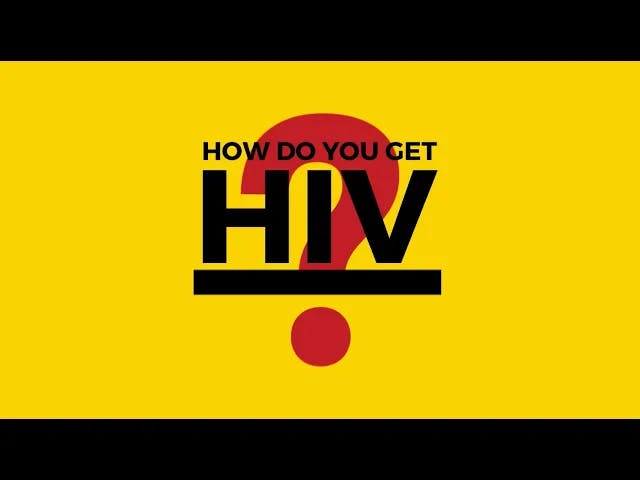HIV is a virus which can be passed on from one person to another through specific bodily fluids:
-
blood
-
semen (‘cum’) and pre-seminal fluid ('pre-cum')
-
anal fluids
-
vaginal fluids
-
breastmilk.
You can only get HIV if one of these fluids from someone with the virus enters your body.
The main ways HIV is passed on are:
-
sex without a condom
-
sharing injecting equipment
-
passed from mother-to-baby during pregnancy, childbirth and breastfeeding
-
contaminated blood transfusions and organ/tissue transplants.
A person with HIV can pass the virus to others even if they don’t have symptoms.
